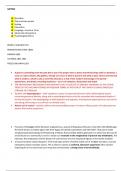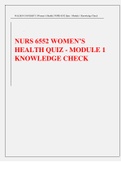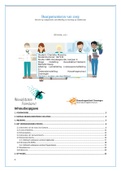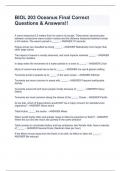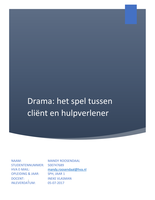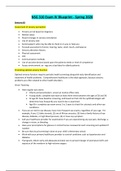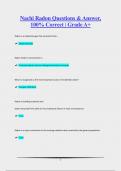Samenvatting
Gothic summary notes A level OCR English Lit 59/60 A*
- Vak
- Instelling
ALL summary notes used for A Level English Literature OCR gothic exam to achieve 99% overall (10 pages) Includes: - summaries of key gothic texts from such as The Castle of Otranto, The Woman in White, The Woman in Black, Frankenstein, Carmilla, Vathek, The Monk and many more - example phrases ...
[Meer zien]
